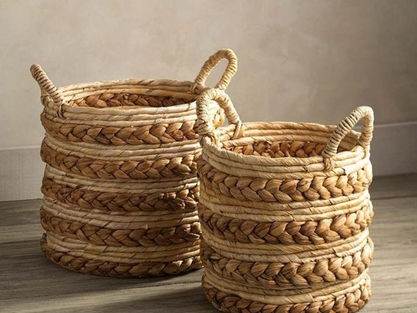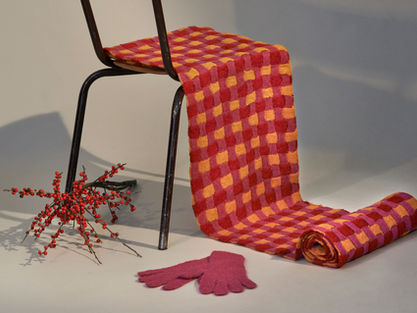Peruvian Pima and Tanguis Cotton, what makes them special?
- Knit-Lab Peru
- 9 jul 2024
- 3 Min. de lectura
Actualizado: 25 ago 2025
Cotton fiber has great softness, luster and moisture absorption and it makes it a fiber highly required by the most select markets. Peruvian Pima cotton is considered the best cotton in the world and tanguis cotton is also one of the most sought-after. If you are looking for an organic cotton fabric supplier or you are just interested in this topic, continue reading!

Pima Cotton
Peruvian Pima cotton is a long staple cotton fiber grown in the coastal subtropical regions of Peru where it is handpicked to prevent damage to the fiber. The fibers are up to 2 inches long which makes them at least twice as long as "standard cotton". The advantages of pima cotton is that you have a very smooth fiber that looks and feels very high quality but it is also functionally stronger and more breathable than most any other cotton.
The first clear sign of domestication of this cotton species comes from Ancon, on the Peruvian coast, where cotton balls dating to 4200 BCE were found.
This cotton has extraordinary length, fineness and softness that enables the production of a uniform and resistant yarn for the manufacture of fabrics demanded by the most discerning markets.
Many international brands have produced their best t-shirts and polos in Peru, using Pima Cotton. From Lacoste, Armani, and Ralph Lauren to relatively new brands like Vineyard Vines, PsychBunny as well as athleisure wear brands such as Lululemon, there is a shared appreciation for the fine quality of this natural extra-long fiber.

You can also read: What makes alpaca fiber so special?
Main properties of Pima cotton
High resistance: this thin and long fiber is up to fifty percent more resilient than most standard varieties of cotton; thus garments become more durable, flexible and extraordinarily delicate.
Comfort: the fiber has an unsurpassed softness agreeable to touch that allows the fabric to have a precise drop, maximum brightness and freshness.
Hypoallergenic: ideal for sensitive skin as the fabric does not contain residues of pesticides or synthetic fertilizers.
Length: Extra-long staple length is between 38.10 to 41.27 mm, while other fibers only range between 20-32 mm.
Pureness: Hand picked cotton is purer than that picked with the mechanical cotton picker.

Tanguis cotton
Tanguis cotton was developed by Fermin Tanguis over 100 years ago. In the late nineteenth century, a plague forced a large number of farmers to abandon the cultivation of cotton, but Fermin Tangüis developed a new variety of cottonseed of thick long staple, easy to spin and dye, and with such hydrophilicity that led to a fabric of outstanding quality.
Tanguis cotton properties
Tanguis is more durable and stronger than regular cotton. Another major benefit of Tanguis cotton is that it absorbs and transfers perspiration much better than normal cotton allowing the product to be naturally more breathable without the use of plastic or polyester products.
Tanguis is also more environmentally friendly as it requires less water to grow in Peru’s climate and can be harvested up to 6 times per year.
The uniform long staple Tangϋis cotton outstands for its whiteness, strength and softness. This one of a kind cotton is highly absorbent and can retain 24 to 27 times its own weight.
This cotton has a quite good long fiber, dyes particularly well, is cheaper than Pima and is more common in Peru. Both species are regarded as much better fibers than normal international cotton. Some new varieties of extra-long fiber have been installed in Peru and some native colored and organic cottons are being fostered.

You can also read: Alpaca vs Cashmere: Which one is better?
Benefits of Peruvian cotton
The advantage for Peruvian manufacturers is the integrated industry from cultivated and spinning to finished garments as well as the free trade agreement with the US. The tariffs are higher for synthetics, so Peru has also begun to export performance garments and fabrics in different blends with special qualities.
Peruvian exports of garments and textile reached in 2019 $ 1.3 billion, of which $ 698 million was delivered into the US.
Now you know the differences between Peruvian Pima and Tanguis cotton. Here at Knit-Lab Peru we are committed to offer premium quality products that combine modern technology with ancestral tradition. Contact us if you want to learn more or work with us.










